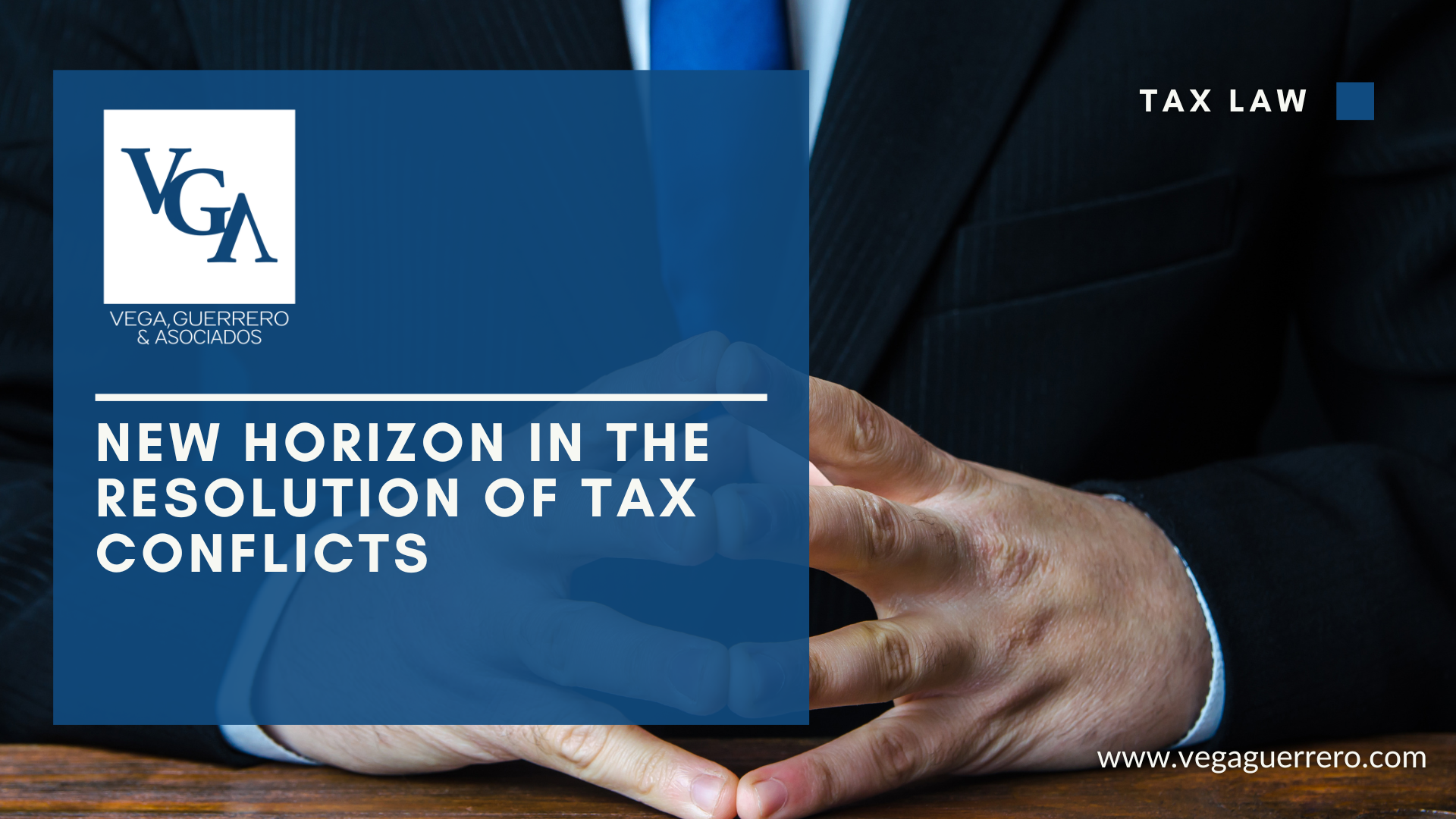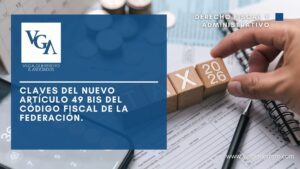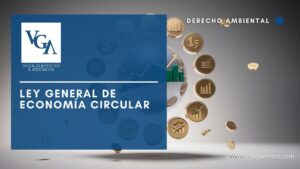January 26, 2024 marks a milestone with the publication of the General Law on Alternative Dispute Resolution Mechanisms (hereinafter, “General ADR Law”), an innovative tool that promises to transform the way disputes between taxpayers and tax authorities are addressed.
This revolutionary legal framework, effective as of the day after its publication, establishes the creation of mechanisms applicable both at the Administrative Headquarters and before the Public Center for ADR in Administrative Justice. Your objective? To provide fertile ground for dialogue and the search for consensual solutions in the fiscal area.
But how and when can these ADRs be invoked? That is the question that has been on everyone’s lips since its implementation. The law provides clear answers: the parties involved may voluntarily request the processing of ADR, both before and during pending proceedings. This flexibility extends even during the substantiation or execution of sentences.
However, the autonomy of the will to resort to ADR is not absolute. A procedural analysis is required by the designated facilitator, who will examine the dispute to determine its viability to be processed under this mechanism.
In addition, it is crucial to keep in mind that there are certain circumstances in which ADR will not be admitted for processing, as stipulated by law. For example, in cases involving final resolutions imposing sanctions on public officials, labor disputes with the Public Administration, among other specific scenarios.
Despite these limitations, ADR represents a powerful tool for resolving tax disputes in an efficient and collaborative manner. Its implementation not only lightens the procedural burden on the courts, but also fosters a climate of trust and collaboration between the parties, thus strengthening the tax system as a whole.
In short, understanding the criteria that determine the feasibility of using ADR in each situation becomes fundamental in the current scenario. This is an exciting opportunity to drive innovation and efficiency in tax dispute resolution.




